The Nancy Museum of Fine Arts is located in the heart of Nancy, on a corner of Place Stanislas.
The museum, built on Napoleon’s orders, is said to have the most extensive collection of art museums in a provincial city.
The Nancy museum is also home to Rubens, Caravaggio, Impressionist and contemporary art, as well as the unparalleled collection of the Dome brothers’ stunning glass works.
Musée des Beaux-Arts de Nancy
Location
Musée des Beaux-Arts de Nancy
Address:3 Place Stanislas, 54000 Nancy, France
Opening hours: Wednesday to Monday 10:00~18:00
Closed: Tuesdays.
Admission

Normal price : 7 €
Reduced price : 4.5 €
Discounts available for: people aged 12-25 years, people aged 65 and over, groups of 10 or more people, etc.
Audioguides: 3€ (ID also required).
History
Works confiscated from the nobility and churches during the French Revolution form the core of the collection.
In 1801, at the behest of Napoleon, 30 works were brought in from the Louvre.
The museum occupies a pavilion designed by architect Emmanuel Héré for King Stanislaus, the Duke of Lorraine and the King of Poland in the mid-18th century.
Extended in 1936 by Jacques and Michel André.
A second major expansion took place in 1999, doubling its previous size.
The time required
The museum looks small from the outside, but it is spacious inside.
The range of artworks on display is extensive, so you should visit the museum with plenty of time to spare.
It takes 1 hour 30 minutes if you see it in a hurry and more than 2 hours if you see it more slowly.
Those interested in religious paintings or glassware may take even longer.
Exterior
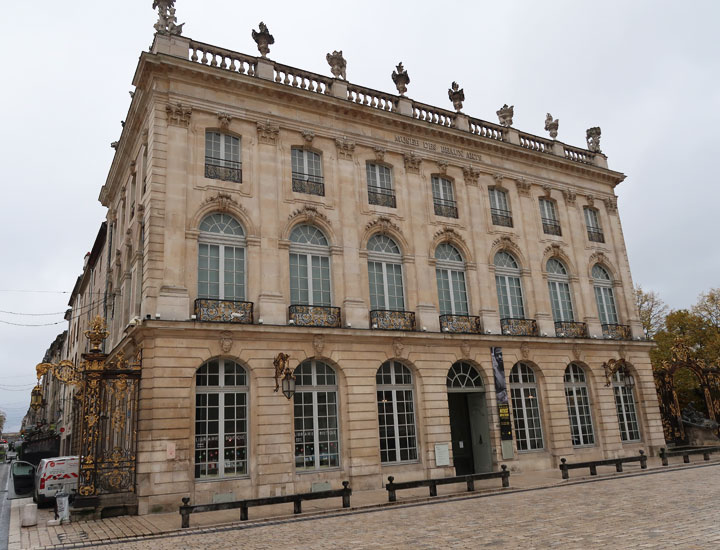
The building, which stands on Stanislas Square, has been carefully constructed down to the smallest detail.
Interior
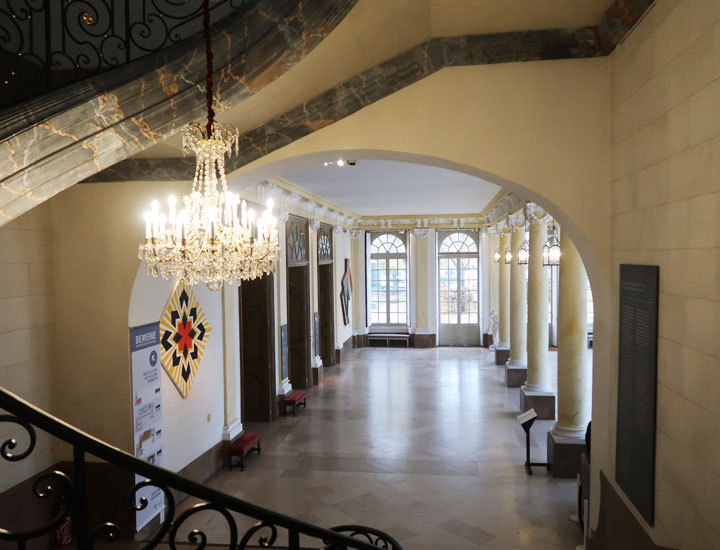
The beautiful construction of the museum is another feature of the Musée de la Nancy.
The space is well managed, clean and pleasant.
The photo shows a peristyle hall.
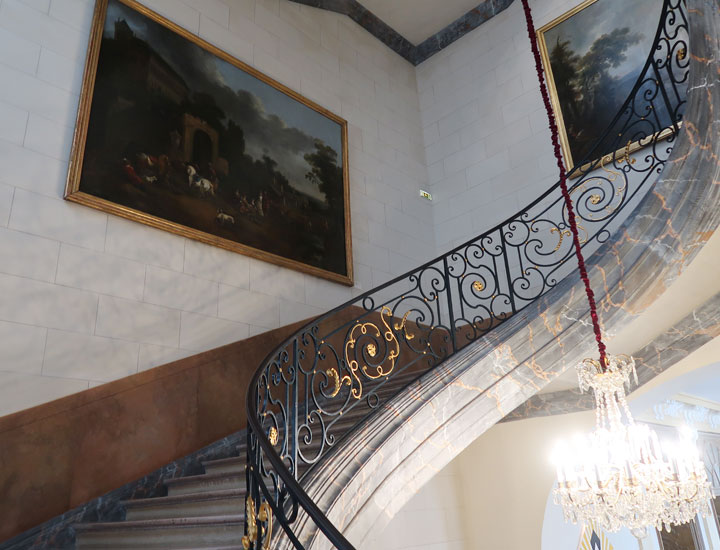
The spiral staircase is another highlight.
The balustrade made by Jean Lamour also shares the same image as the gate of Stanislas Square.
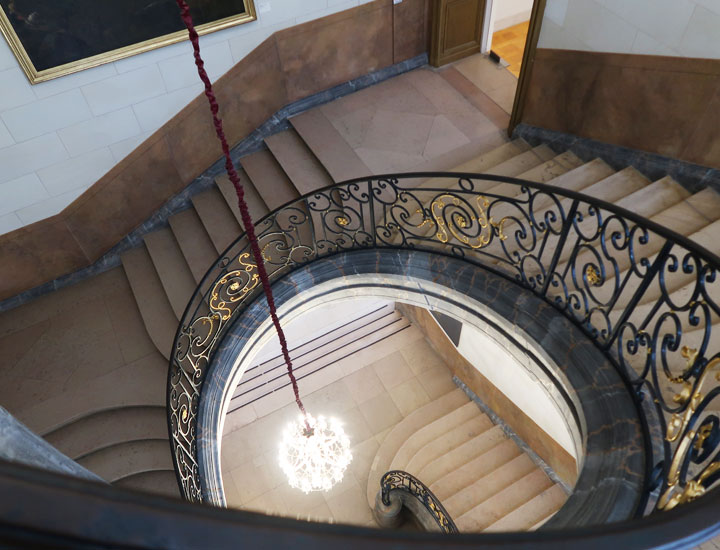
This is a view from the upper floor.
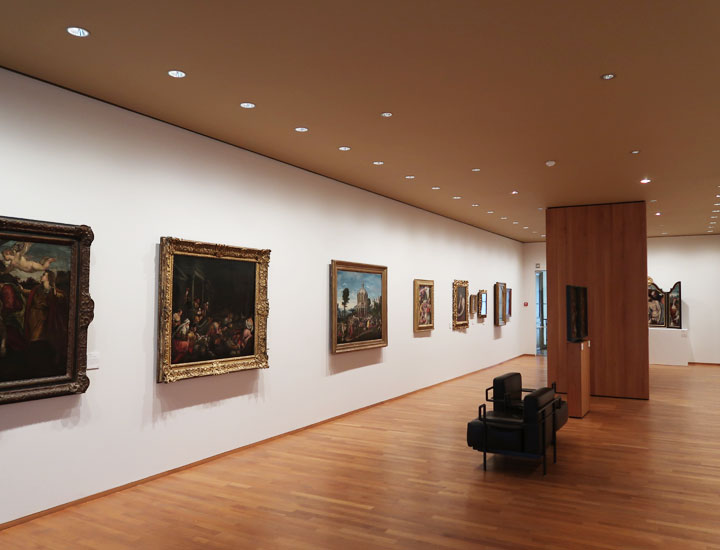
The exhibition room is also spacious.
There are also fewer people, so you can take your time to admire the sights.
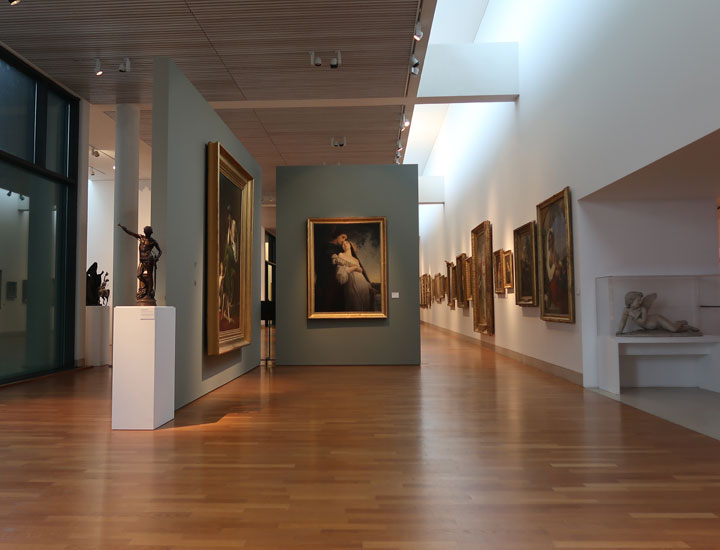
It is very beautiful compared to other regional museums.
Map of the museum
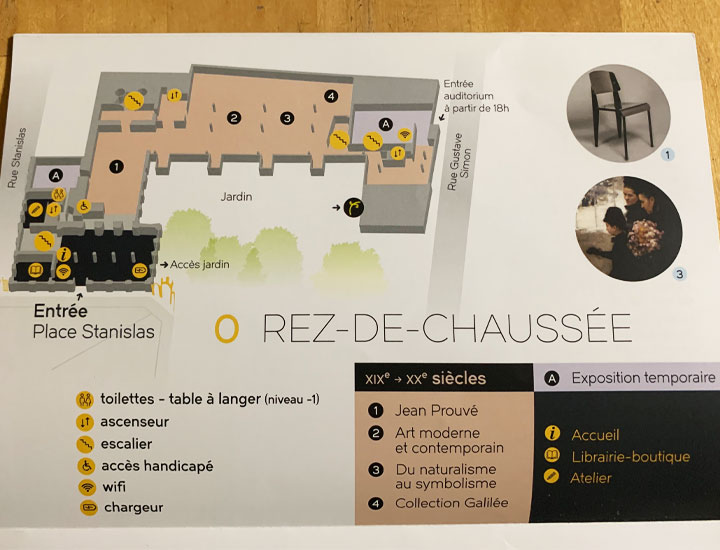
Floor map of the ground floor.
The entrance is at bottom left and leads to Stanislas Square.
The route is up the stairs on the left, starting at the first floor.
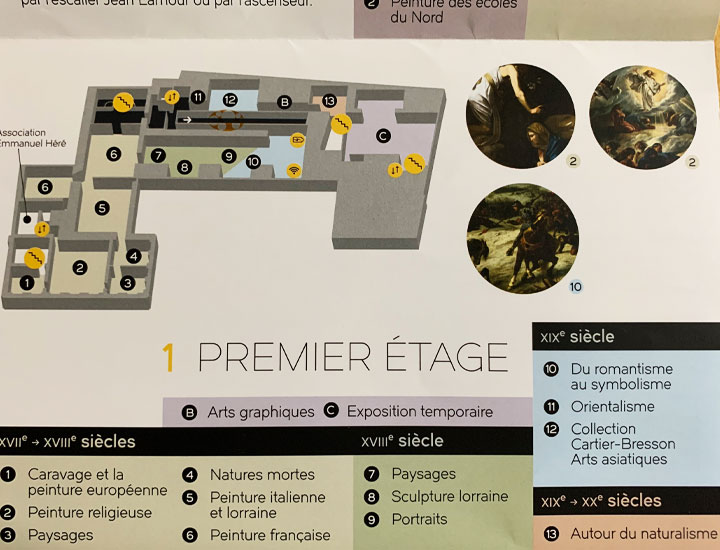
This is a floor map of the first floor.
The 17th-18th centuries are the main focus.
Numbers 10 to 12 display Oriental and Asian collections.
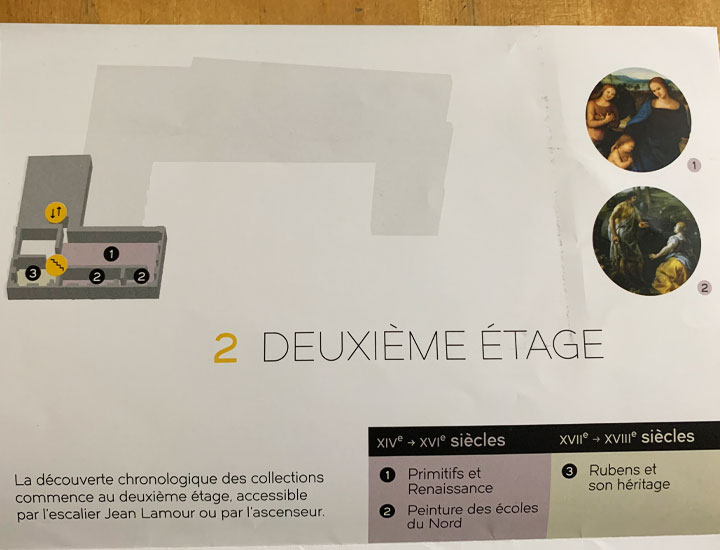
This is a floor map of the top floor and the second floor.
The collection is from the 14th to the 16th century and from the Rubens collection.
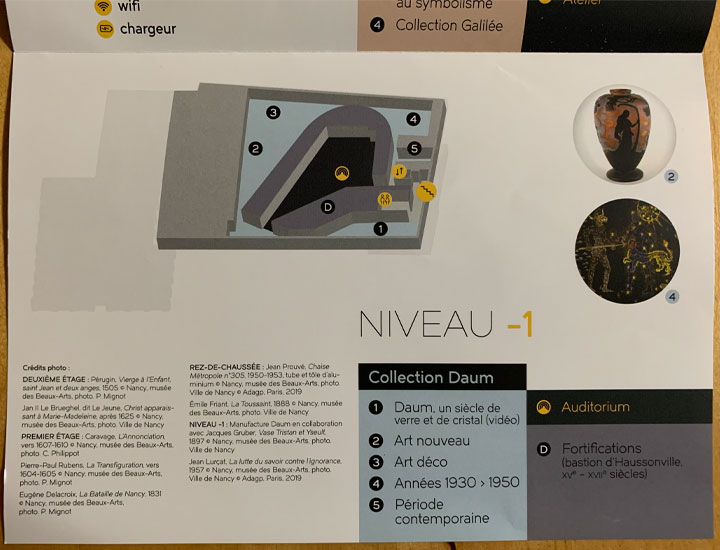
This is a floor map of the basement floor.
It is rare to see so many glass works on display.
Collections
Peter Paul Rubens(1577-1640)
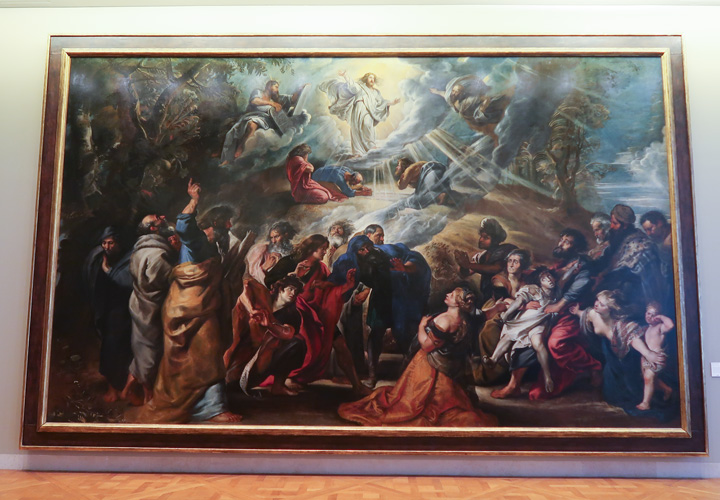
La Transfiguration (1605)
Rubens is said to have had the greatest influence on the Baroque style.
It can be seen from his work that he had a deep knowledge of Christianity and classical literature.
Michelangelo Merisi da Caravaggio(1571-1610)
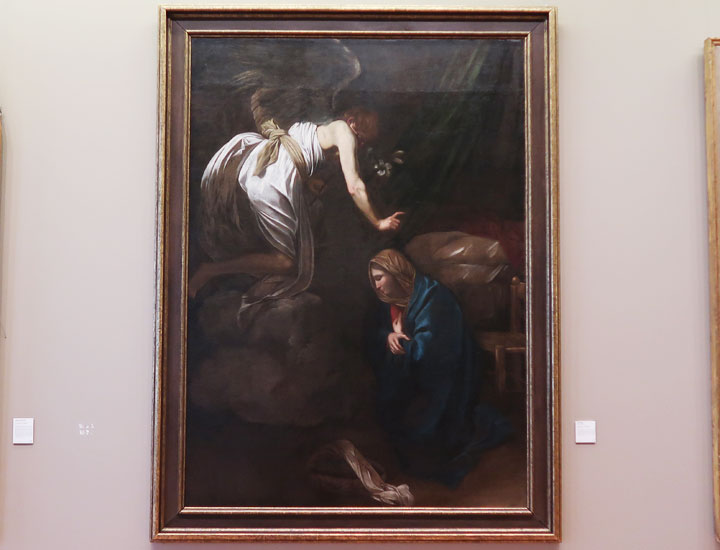
L’Annonciation (1607-1610)
Caravaggio produced works that formed the basis of modern painting.
L’Annunciation is his later work.
Claude Gellée dit Le Lorrain(1600?-1682)
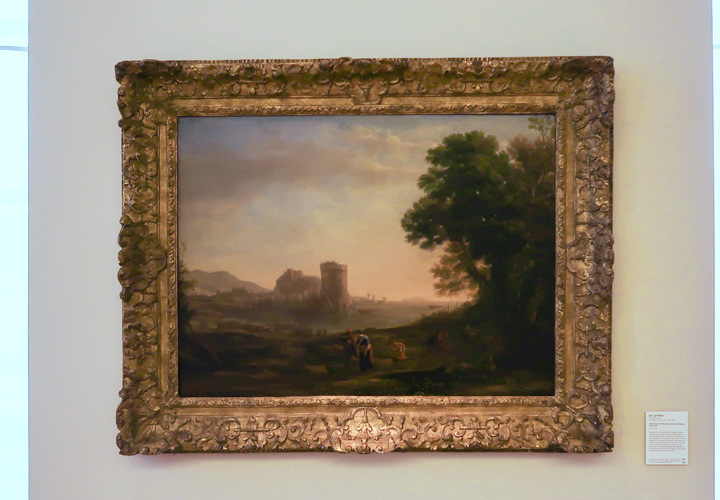
Bataille près d’une forteresse (1638)
He was a painter from Lorraine and one of the most influential painters of later generations.
Rodin also produced a statue of him.
This painting depicts a scene from the war, in which a family is fleeing from the enemy and trying to hide in the forest.
The paintings have a unique perspective not found in other painters.
Ferdinand Victor Eugène Delacroix(1798-1863)
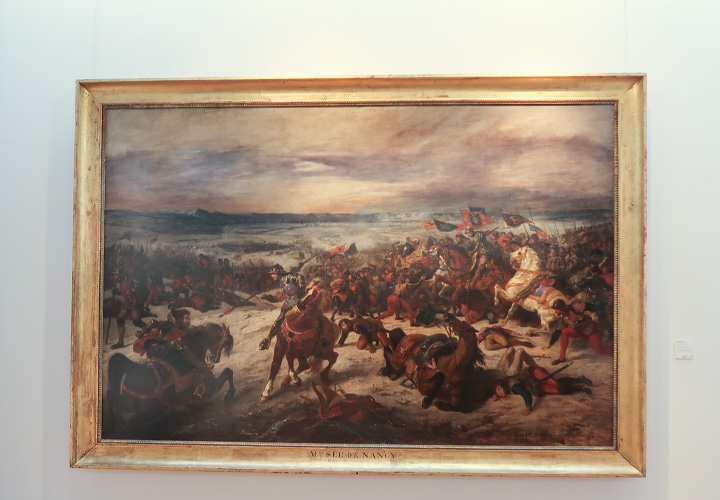
La Bataille de Nancy (1831)
Delacroix was a major influence on Renoir and Van Gogh.
He was one of the leading Romantic painters of the 19th century.
Émile Friant(1863-1932)
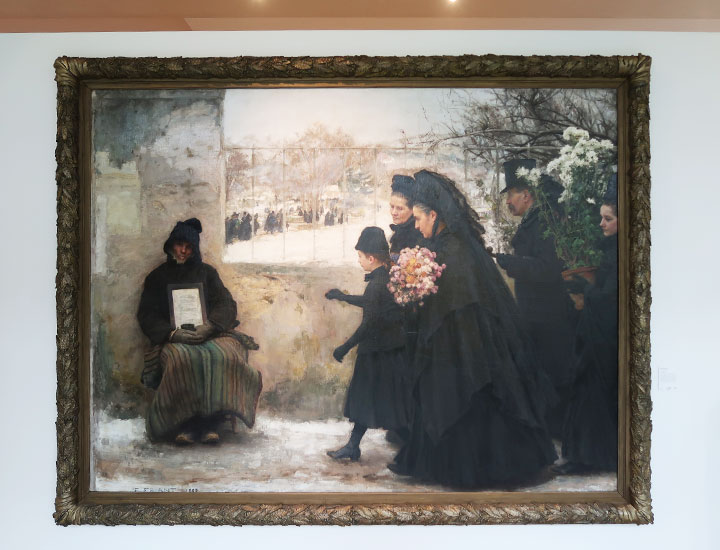
Toussaint (1888)
Emile Friant is a well-known naturalist and portrait painter.
Toussaint is one piece depicting a cemetery scene.
Other works from the Nancy Museum of Art are detailed below.
Daum Frères
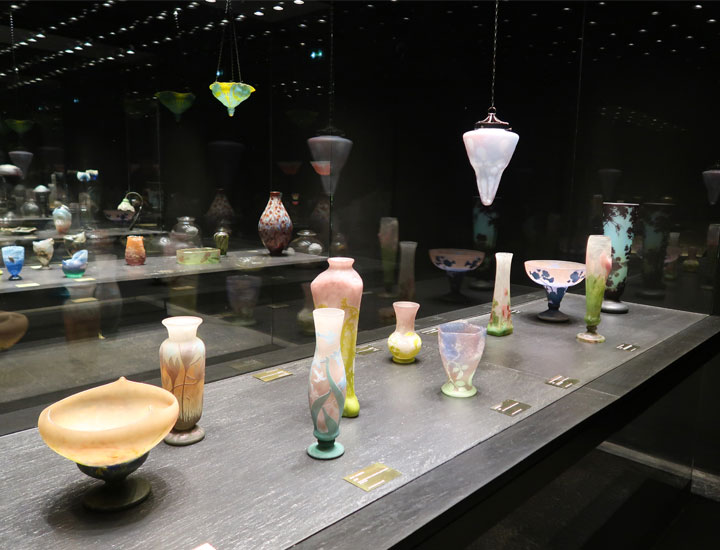
A group of works by the Daum Frères (Dome Brothers), comprising the brothers Auguste and Antonin.
Summary
The Nancy Museum has a lot to offer.
It is one of the places you should not miss when visiting Nancy.
The museum is not very large, but it takes a surprisingly long time to appreciate each item.
Note that there is one precaution to be taken when viewing the exhibition.
That is, if you have a backpack or other large bag, you cannot carry it on your back.
Therefore, hold it as if you were carrying it on your front.
Thank you again for reading to the end of this issue.
You can find out more about day trips from Paris to Nancy below.

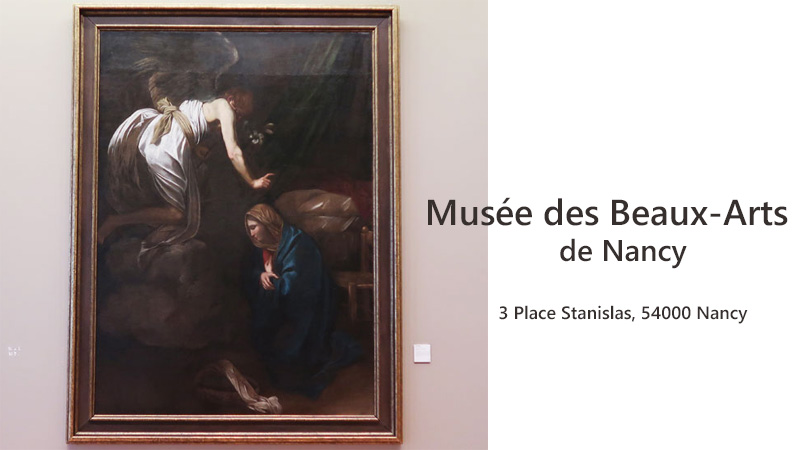
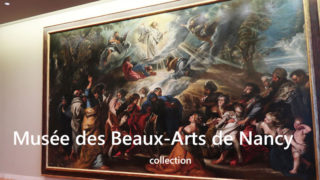
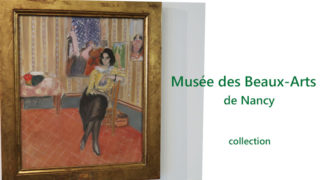
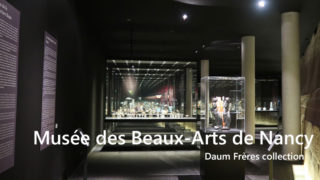
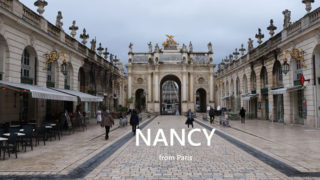


コメント